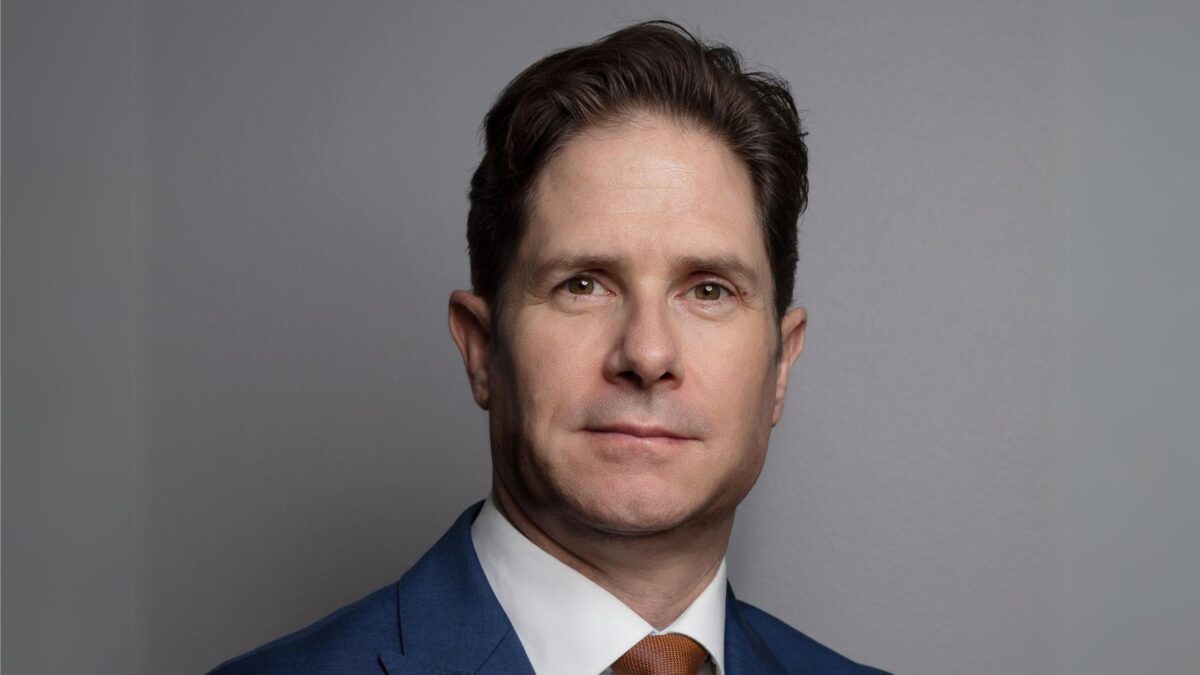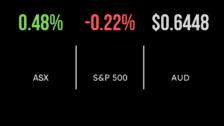Back to basics for Morgan Stanley Investment Management
Morgan Stanley Investment Management has reiterated its focus on investing in those seeking out those companies that are delivering high and sustainable returns on operating capital. In their recent ‘Global Equity Observer’ update, William Lock Head of International Equity, reiterated the power of compounding returns and the characteristics his team continue to covet.
Every professional investor knows how powerful compounding returns can be, with the well-known rule of seven providing that you can double your capital in seven years using the benefits of compounding.
“In a world where daily financial chatter looks to dot plots, talking about talking about tapering, non-farm payrolls, the crypto helter-skelter, the stimulus tap, hydrogen or lithium ion, transitory or persistent inflation, commercial space travel, bad news is good news, good news is bad news, it’s easy to get distracted from what drives the core of long-term returns” Lock says, with the power of compounding regularly forgotten.
The digital age has seen an influx of information available to every investor and when presented appropriately nearly any company can look like a world beater. Yet in real life, the situation is vastly different. Compounding is one thing, but “the key lies in the ability to keep doing it” says Lock.
There are a number of attributes that Morgan Stanley Investment Management sees as essential to delivering sustainable returns on capital: pricing power, hard to replicate intangible assets, high barriers to entry and a leading presence in industries and categories stand out. Not to mention the ability for a management team to allocate capital effectively and navigate the “ever disruptive seas of change” facing nearly every business model in the world.
Pricing power has become even more important with the threat of inflation ahead. Lock highlights the fact that well established companies with pricing power are actually able to protect themselves from both inflationary and deflationary environments, by either pushing costs onto consumers, or holding their costs where they are due to less elasticity of demand.
More importantly though, “it means you could have better control over your gross profit margin” which is key to supporting sustainable growth. There are plenty of companies delivering eye watering growth numbers, but far less are delivering consistent margins and actually delivering a profit.
The report highlights a leading French beauty company that has an enviable gross profit margin of 70 per cent, but an operating margin of 20 per cent. This suggests that 50 per cent of their sales allocated to operating costs rather than cost of goods sold such as innovation, sales, marketing and most importantly R&D. Of this, Lock confirms 30 per cent is allocated to marketing alone?
Why does this matter? Well you can’t protect or build a brand without investing in it. With the average competitor running on a gross margin of just 26 per cent, one third of this category leader, investing 30 per cent in marketing sends them to an immediate and unsustainable loss. The story is likely similar for many start-ups in the growing fintech and BNPL space.
Intangible assets are similar powerful as they allow companies to “enjoy high barriers to entry and durability” of returns. These types of intangibles range from the network effect or software and social media companies, consumer brand names from shoes to shampoo, which despite years of popularity are able to invest in themselves to stay relevant.
Lock highlights the fintech and gaming sector as an example, noting that most new players still rely on the same infrastructure for payments and similar, game developers design games for the incumbent console makers which are difficult to disrupt.
ESG concerns receive a similar level of focus from the analytical team, noting there focus on ESG issues that may pose a risk to the sustainability of returns. For instance, “the impact of climate change and the need to decarbonise could impair a company’s competitive advantage and reputation all at once” he says.
Similarly, “failing to develop brand equity that speaks to consumers wanting, for example, natural provenance, recyclable packaging, lower carbon footprints or informative labelling, is failing to safeguard the franchise.”
Concluding, the group remains focused on investing into sustainably growing companies at “justified prices’.










